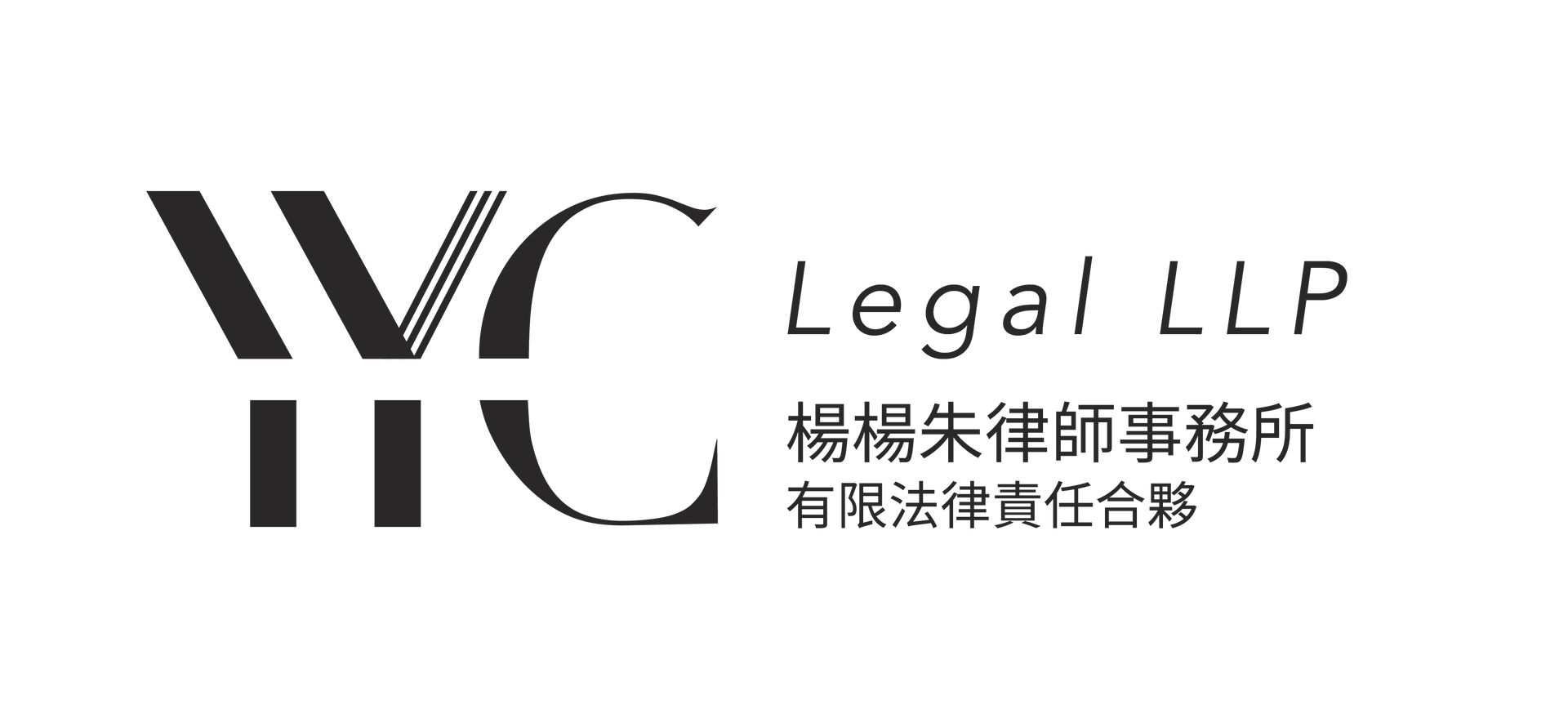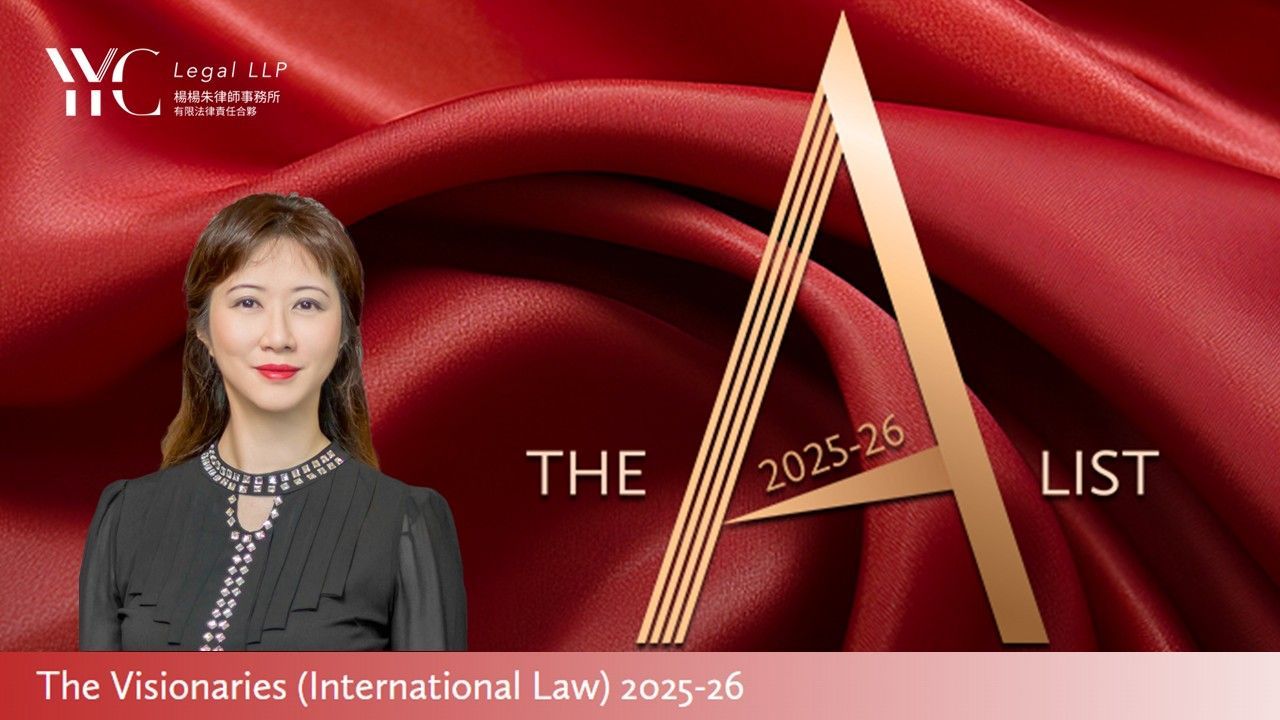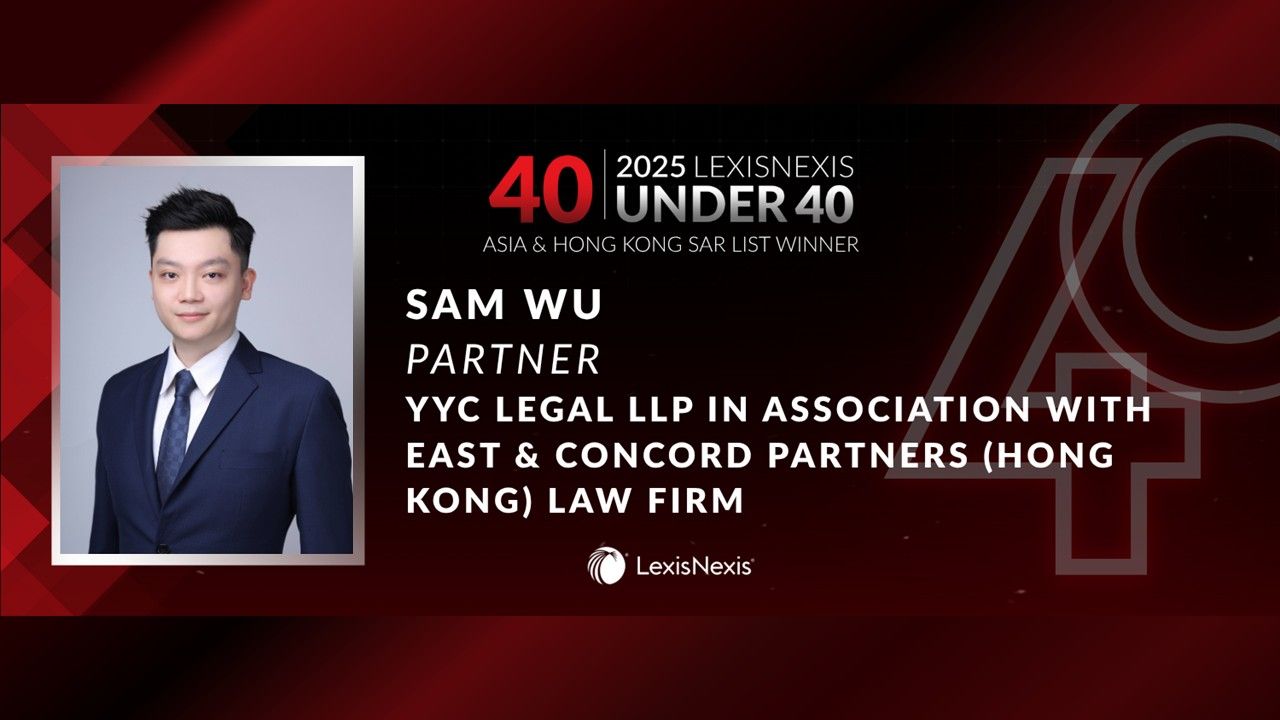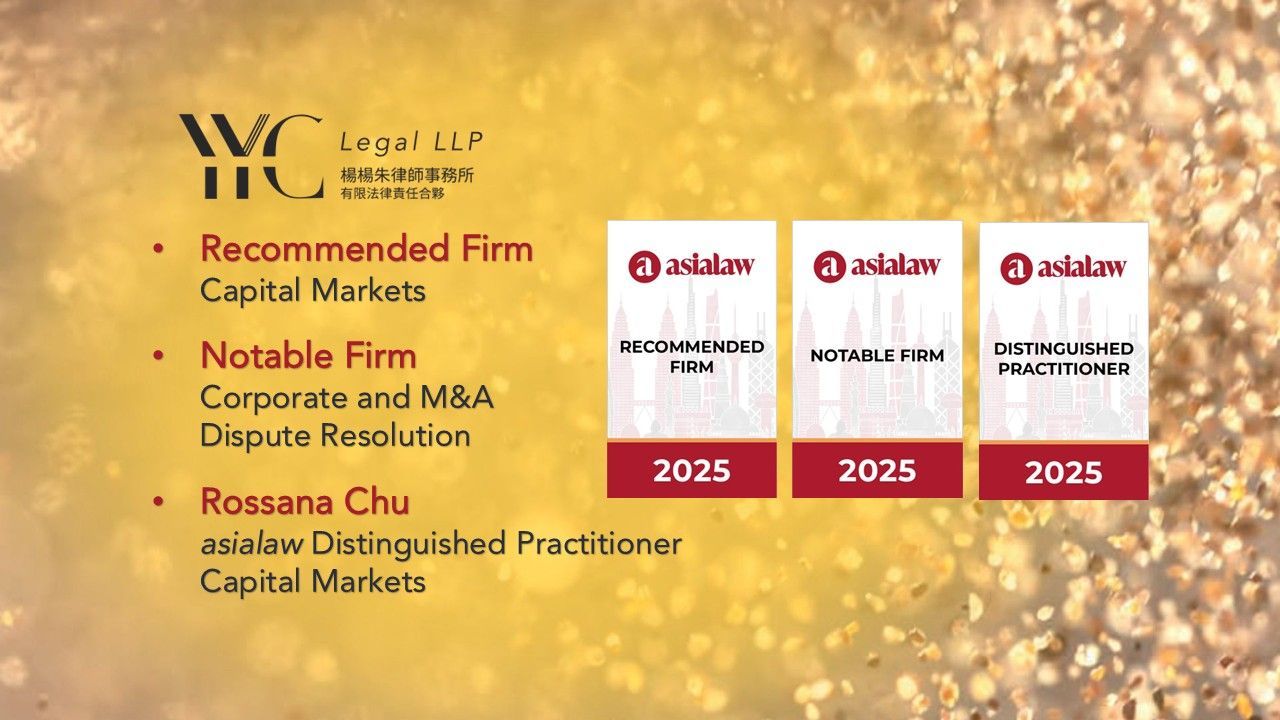Common issues in operating a Hong Kong charity
Regulation and registration of charities in Hong Kong
So far, Hong Kong has no formal registration system for charities and also no specific government authority regulating the establishment and operation of charities. The list of charities exempted from tax maintained by the Inland Revenue Department is not a conclusive list of all the charities in Hong Kong (the reason is discussed below).
As the number of organizations collecting monies from the public for philanthropic or similar purposes grew, the Law Reform Commission of Hong Kong via its Charities Sub-committee published a consultation paper in June 2011, proposing a wide ranging regulatory regime for charities and the establishment of a regulatory body for charities. However, the consultation met with stakeholders’ heavy concerns and polarized views. The Law Reform Commission reported in December 2013 that it would be prudent not to recommend the setting up of a charity commission at that time due to the lack of general consensus among the public on this issue. Still, the Commission provided constructive recommendations which would improve the transparency and accountability of charities and thus provide better safeguards to the public. Since then, the issues relating to charities regulation were not escalated to legislative moves although philanthropy in Hong Kong grew further since 2011.
This is markedly different from the Charity Commission for England and Wales which is the regulator of charities in England and Wales and maintains the charity register, in its identify as an independent, non-ministerial government department accountable to the Parliament.
Role of the Inland Revenue Department of Hong Kong
Any charitable institution or trust of a public character is exempt from tax under section 88 of the Inland Revenue Ordinance (Cap. 112 of the Laws of Hong Kong) (“IRO”). Donations to such charities can be tax deductible under certain conditions. The Inland Revenue Department of Hong Kong issues and updates from time to time the “Tax Guide for Charitable Institutions and Trusts of a Public Character” (“Guide”) which includes such tax exemptions.
It is important to note that the Department makes the following salient points very clear and direct in the Guide:
- The Inland Revenue Department is not responsible for the registration of charities, and does not have the statutory powers in the monitoring of their conducts.
- Section 88 of the IRO does not provide a legislative framework for regulating and monitoring charities’ operations or governance.
- The Inland Revenue Department’s work strictly does not include the giving of advice regarding the setting up or running of charities.
- The list of charities that are exempt from tax under section 88 of the IRO does not constitute a formal register of charities, and its function to let the public know whether donations to an organization will be accepted as approved charitable donations under the IRO. Such list does not include (a) charities which do not seek tax exemption under section 88, e.g. charities which do not require the tax exemption status as they do not need to raise donations from the public and (b) charities which do not give consent to the Inland Revenue Department for publishing their names;
Meaning of charity
There is no general statutory definition of “charity” or “charitable purpose” in Hong Kong. Even though the Guide or other pieces of legislation in Hong Kong explain what amounts to a charity, such explanations carry two problems –
- they are confined to specific purposes; and
- they are less than definite or clear as they give particular examples and an open-ended sub-section setting out merely descriptions of general and vague principles.
For instance, the Guide tells the public how the Inland Revenue Department identifies what amounts to a charity, but such identification is limited to tax exemptions. Thus, it is not giving a generalized meaning to a charity for other purposes that are used in everyday lives. Indeed, there is no official register of Hong Kong charities for the public (including corporations and family offices) to refer to when they make donations or contributions for fulfilling social responsibilities. But the Hong Kong public commonly use the list of tax exempted charities maintained by the Inland Revenue Depart as a list of Hong Kong charities – which is, as explained above, not entirely true.
Given the heavy reliance of the public on such list of tax exempted charities, it is time to understand how the Inland Revenue Department identifies charities. The Guide points out that, due to the lack of a statutory meaning of a charity, the Inland Revenue Department therefore is to look to the case law. The Department considers that, to be a charity at law, the institution or trust must be established "for purposes which are exclusively charitable".
The Guide refers to the definition of "charitable purpose" is based on Lord Macnaghten's 1891 statement of the four principal divisions of charitable purposes which was itself based on the preamble to the Charitable Uses Act 1601 in England. The four divisions are:
(a) the relief or poverty,
(b) the advancement of education,
(c) the advancement of religion, and
(d) other purposes of a charitable nature beneficial to the community not falling under any of the preceding heads.
It is obvious that head (d) is far from clear of what counts for “beneficial to the community”, although the Guide gives some examples of purposes held by the courts to be charitable purposes as well as situations held not to be charitable purposes.
Also, the Guide stresses that a voluntary or non-profit-making organization is not necessarily a charity. For instance, if an organization carries the objective of promoting certain political views, it is not a charity even if it is non-profit-making.
There are other legislative definitions of “charity” or “charitable purpose”, but such definitions are again for specific uses and ambiguous. One effort made is in the Registered Trustees Incorporation Ordinance (Cap. 306 of the Laws of Hong Kong) which defines the term "charitable purpose" by specifying several purposes and giving an open-ended one as “any other purpose beneficial to the community”. Such definition is limited to such ordinance and is less than a certain meaning.
Constitution of a tax exempted charity
The Guide sets out the expectations of the Inland Revenue Department on the governing instrument of a charity in considering the charity’s application for tax exemption under section 88 of the IRO. The governing instrument should include clauses:
- stating precisely and clearly the objects for which the charity is established;
- limiting the application of the charity’s funds towards the attainment of its stated objects;
- prohibiting distribution of its incomes and properties amongst its members;
- prohibiting members of its governing body (e.g. directors, members of the executive committee, trustees) from receiving remuneration;
- requiring members of its governing body (e.g. directors, members of the executive committee, trustees) to disclose material interest and not to vote in respect of a transaction, arrangement or contract in which they are so interested;
- specifying how the assets should be dealt with upon its dissolution (e.g. the remaining assets should normally be donated to other charities); and
- requiring the keeping of sufficient records of income and expenditure (including donation receipts), proper accounting books.
A charity may intend to pay reasonable remuneration to a director for genuine and substantial services, especially when the director is familiar with the charity’s objects and operation and is thus a suitable person to provide such services. Sometimes, it is not easy for a charity to source candidates to serve on its governing body on a voluntary or purely unremunerated basis if the workload is heavy. Under such circumstances, the charity is to deviate from the requirement mentioned in paragraph (4) above but has to, according to the Guide, demonstrate to the Inland Revenue Department that:
- the remunerated members of governing body have special qualifications which are not otherwise available to the charity and which would make for its more effective administration;
- the remunerated members of governing body are absent from meetings and discussions concerning their own appointment, conditions of services and remuneration and must not vote thereon; and
- the number of such remunerated members must be less than majority of quorum of meetings of the governing body.
Tax exempted activities of a Hong Kong charity
Tax exemption under section 88 of the IRO is available to charities subject to the jurisdiction of the Hong Kong courts, i.e. (i) the charities that are established in Hong Kong and (ii) the Hong Kong establishments of overseas charities.
There are two parts to section 88 of the IRO – the opening paragraph and a proviso.
The opening paragraph stipulates that a charitable institution or trust of a public character shall be exempt and shall be deemed always to have been exempt from tax.
The proviso relates to the situation where such institution or trust carries on a trade or business. The profits derived from such trade or business shall be exempt from tax only if all the three following conditions are fulfilled:
- the profits are applied solely for charitable purposes;
- the profits are not expended substantially outside Hong Kong; and
- either (i) the trade or business is exercised in the course of the actual carrying out of the expressed objects of such institution or trust; or (ii) the work in connection with the trade or business is mainly carried on by persons for whose benefit such institution or trust is established.
The Guide elaborates on what constitutes a “trade” or “business” and how the conditions referred to in paragraph (3) above can be fulfilled. Nonetheless, not all activities of a charity constitute a trade or business. For instance, if a charity raises donations from the public and applies the money (whether or not in Hong Kong) for its philanthropic purposes, it is not carrying on a trade or business and the donations should not be restricted to be expended substantially in Hong Kong. In fact, donations raised by the Hong Kong establishments of many international charities are not to be used or expended in Hong Kong, e.g. quite some charities specify that the Hong Kong donations are to be used to relieve poverty or provide medical services in underdeveloped countries.
Additionally, the Guide sets out the implications of particular activities such as charging for services or facilities the charity offers, making investments, extending loans and property letting. This article will not discuss such implications in detail as readers may refer to the Guide. But the author would like to remind that the governing body of a charity must first double-check that the charity’s constitution or governing instrument specifically allows such activities - in order to avoid taking any action which is ultra vires. For example, a director should not assume that the constitution of the charity will always allow the charity to lend its money to someone else, apply its spare cash in investments, or lease out its property. The Guide provides the circumstances where tax exemption continues to apply to such activities, but does not empower the charity for undertaking the activities.
Know your donor
It is not uncommon for criminals to take advantage of charities in order to bypass laws on national security, anti-terrorism and anti-money laundering, or to commit frauds.
For example, a fraudster makes a donation of HK$1 million to a charity on the condition that 40% of the money be applied to an overseas organization which is alleged to have similar charitable purposes. That means the charity can apply the remaining HK$600,000 in the usual manner which sounds like an attractive proposal. But in fact the HK$1 million comes from a stolen credit card and therefore the charity is subsequently required to return the entire HK$1 million and may even be subject to investigation for money laundering. To make it worse, the charity has been defrauded of the HK$400,000 remitted to the designated overseas organization which is actually a set-up made by the fraudster.
A charity should conduct appropriate know-your-donor procedures especially regarding sizeable donations on aspects such as:
- the name and business or profession of the donor
- the background of the donor and (where the donor is an organization) its shareholders and directors
- whether the donor is a local individual or entity, or the donor is from or operates in a high-risk country
- whether the donor’s business is in line with the charity’s mission, values or purposes
- whether the donor is a politically exposed person or a political figure
- fund source of the donation
- identification of the donor for any large amount of anonymous donation, and whether the charity should set a maximum amount of anonymous donation it may accept
- whether the donor has made prior donations to the charity or has established any other relationship with the charity
- the purpose of making such donation to the charity
- whether the donor makes donations regularly to other charities
- whether the donation will be made in one-go or by stages
- how the donation will be made, e.g. by bank transfer, cheque, credit card, cash or cryptocurrency
- will the donation be made from outside Hong Kong
- if the donation is not paid by the donor, the reason
- is there any condition to the donation
- whether the donor requires the charity to apply the whole or part of the donation to any particular person, entity or organization (locally or overseas)
- is there any possibility that money will be paid by the charity to the donor, e.g. refund of the donation if the donation conditions are not fulfilled, the repayment of loan extended by the donor
A charity may also refer to materials published by the Hong Kong Government, including the “Best Practice Checklist – Management of Charities and Fund-raising Activities” issued by the Independent Commission Against Corruption, the “Good Practice Guide on Charitable Fund-raising” issued by the Social Welfare Department, the Home Affairs Department and the Food and Environmental Hygiene Department, and the “An Advisory Guideline on Preventing the Misuse of Charities for Terrorist Financing” issued by the Narcotics Division of the Security Bureau.
Conclusions
A charity may also refer to materials published by the Hong Kong Government, including the “Best Practice Checklist – Management of Charities and Fund-raising Activities” issued by the Independent Commission Against Corruption, the “Good Practice Guide on Charitable Fund-raising” issued by the Social Welfare Department, the Home Affairs Department and the Food and Environmental Hygiene Department, and the “An Advisory Guideline on Preventing the Misuse of Charities for Terrorist Financing” issued by the Narcotics Division of the Security Bureau.
YYC Legal LLP is
in Association with East & Concord Partners (Hong Kong) Law Firm.
This material has been prepared for general informational purposes only and is not intended to be relied upon as professional advice. Please contact us for specific advice.
